Welcome to Heliconias... Heliconias... Heliconias
This blog is all about growing Heliconias, an exotic plant not native to Malaysia. All pictures shown are digital photos of the actual species in my garden such as Rostrata, Dwarf Jamaican, Latispatha and several psittacorums such as Andromeda, Lady Di, Fuschia, Strawberry & Cream and hybrids such as Golden Torch and Alan Carle.
Heliconia are close relatives of gingers, bananas, birds-of-paradise and traveler’s palms. There are more than 200 (350 including cultivars) documented species of the single genus, with the bulk of them originating from Central and South America such as Guyana, Costa Rica, Berlize, Ecuador, Peru and Brazil. You may be interested to note that about 6 species have evolved separately in the South Pacific and Indonesia, and typically have green inflorescence.The name "heliconia" actually comes from Greek mythology after the great Mount Helicon, the abode of the muses of the arts and sciences.
The beauty of the heliconia lies in the brightly coloured bracts that are mistakenly called the flowers. The actual flower is the tiny little flowers that emerge from the large showy bracts. Each stem can only flower once, after which the entire stem deteriorates, drives up and collapses. As such, it is recommended to cut at the base of 'flowered-out' stems.
BTW, this blog has been read by visitors from Australia, Brazil, Chile, Colombia, France, India, Japan, Malaysia, Philippines, Puerto Rico, Mexico, Netherlands Antilles, Netherland, Singapore, Spain, Thailand, Trinidad & Tobago, United Kingdom & United States of America :-)
16th Sept 2009 : 17:30
Watching Flower Growth : Latispatha cv Red-Yellow Gyro

23rd December 2008
6 bracts and 2 leaflets now visible.

17th December 2008
7 bracts and 2 leaflets seen from this angle...

16th December 2008

3rd December 2008
4 bracts and 2 leaflets visible from this angle...

1st December 2008

29th November 2008
4th bract about to be visible...

28th November 2008
3 bracts and 3 leaflets clearly visible from this angle...
 23rd December 2008
23rd December 2008 17th December 2008
17th December 2008 16th December 2008
16th December 2008 3rd December 2008
3rd December 2008 1st December 2008
1st December 2008 29th November 2008
29th November 2008 28th November 2008
28th November 2008

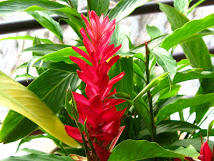
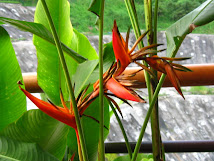


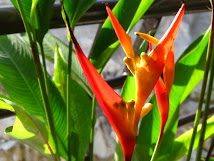
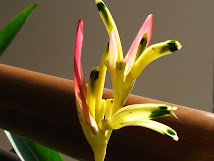

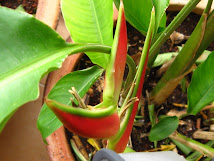


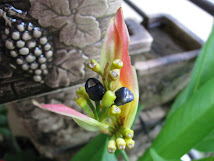
No comments:
Post a Comment